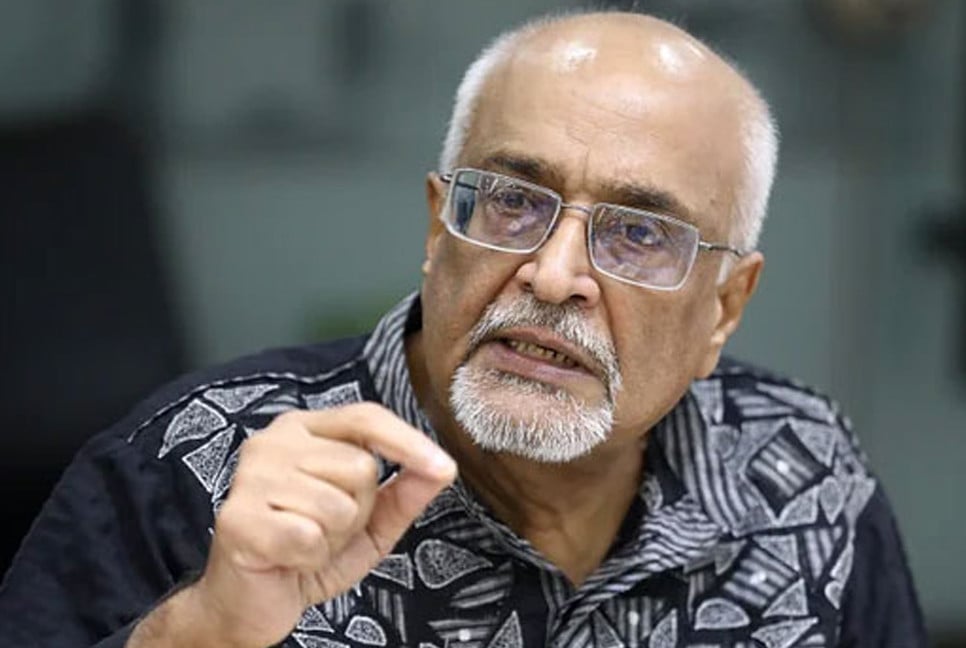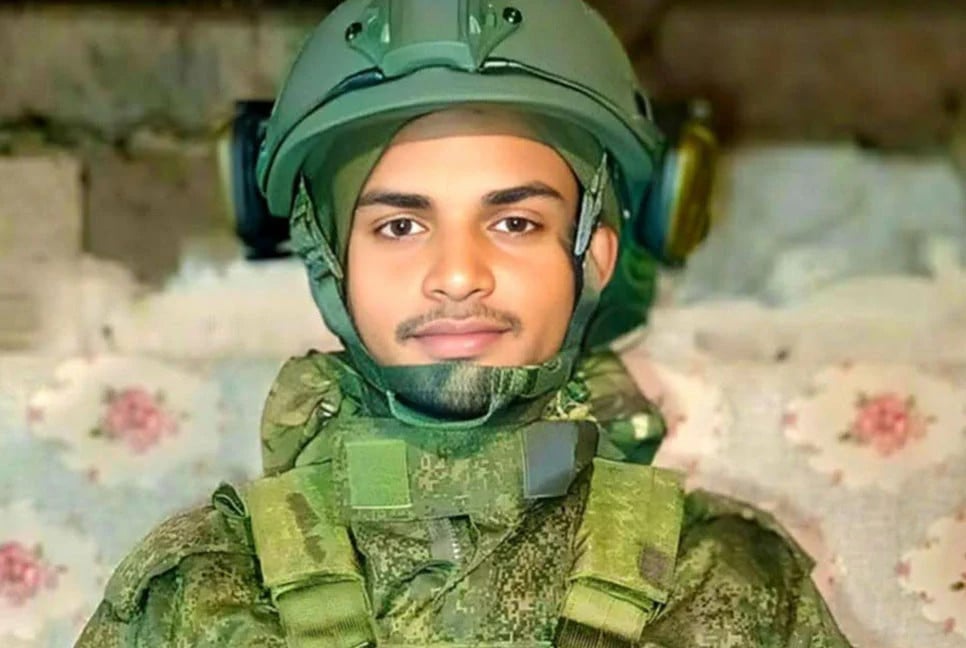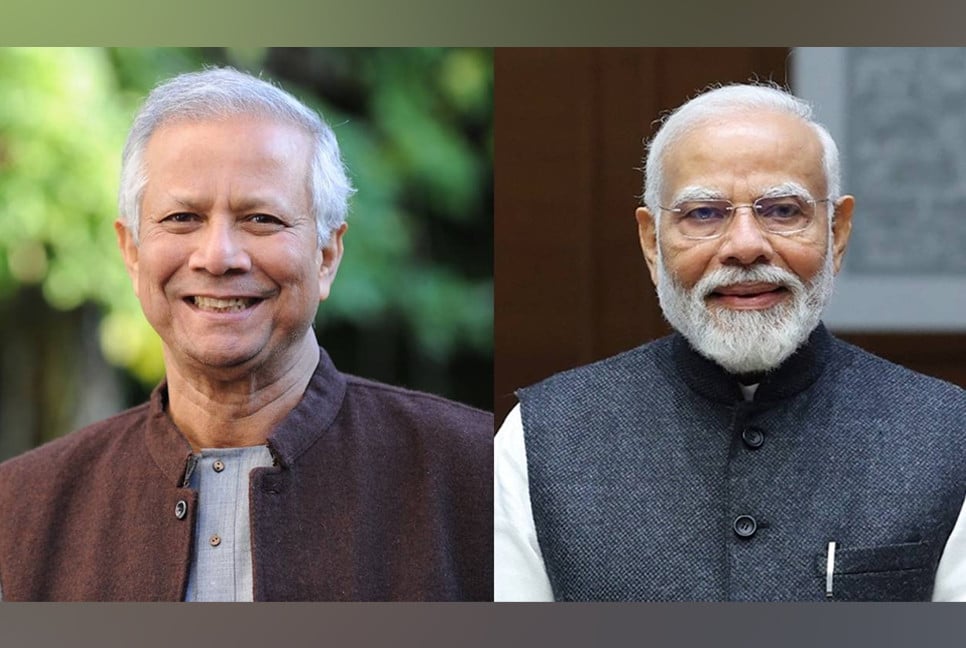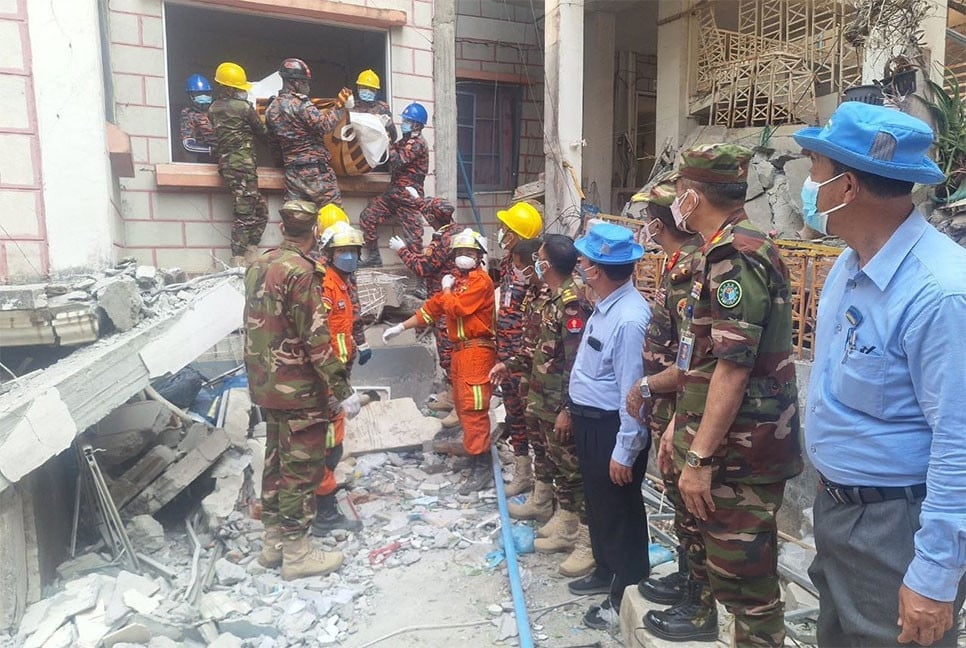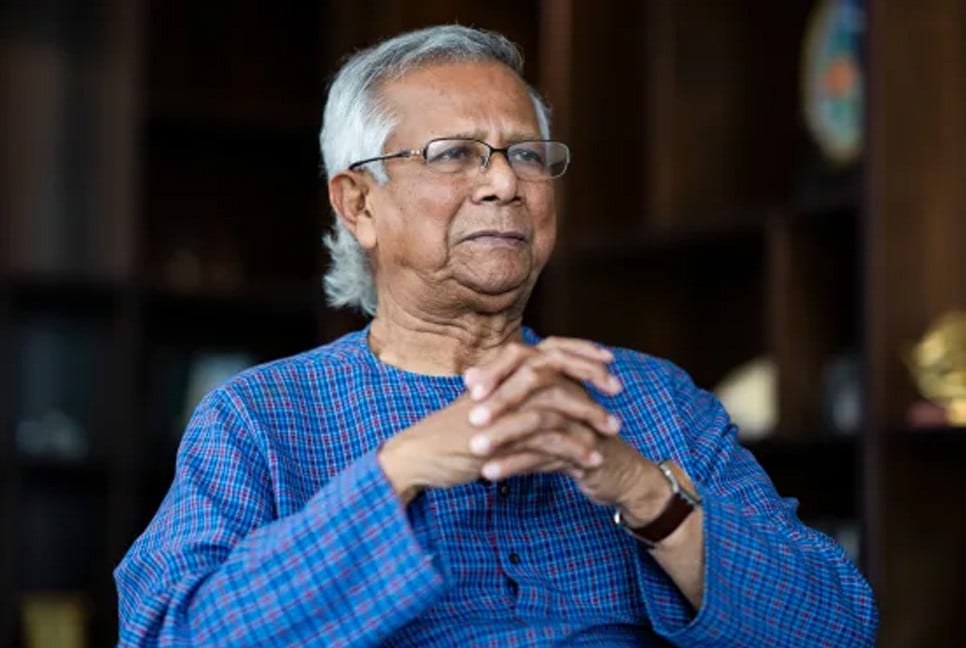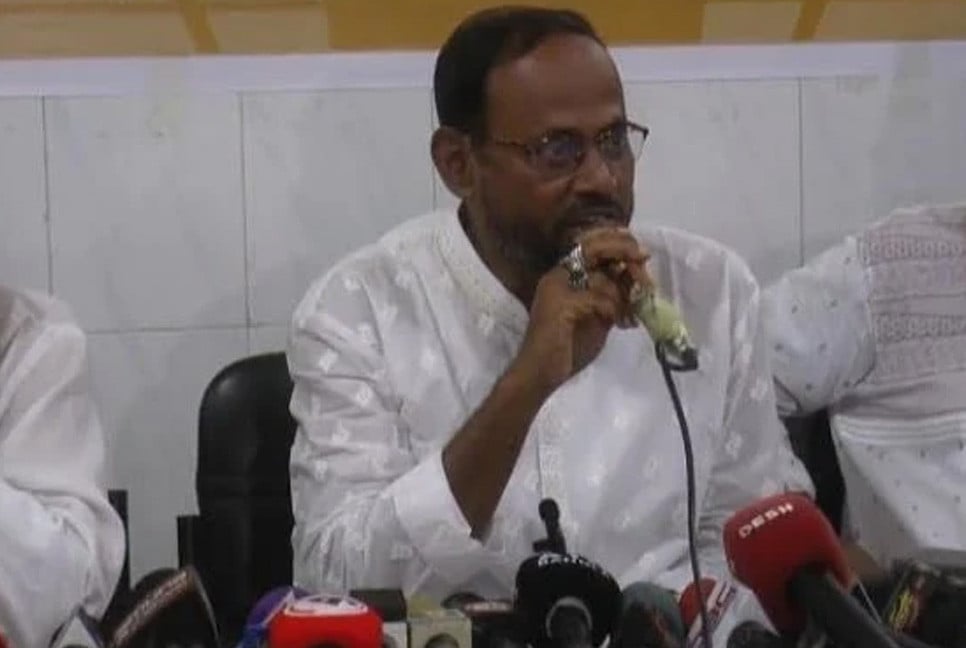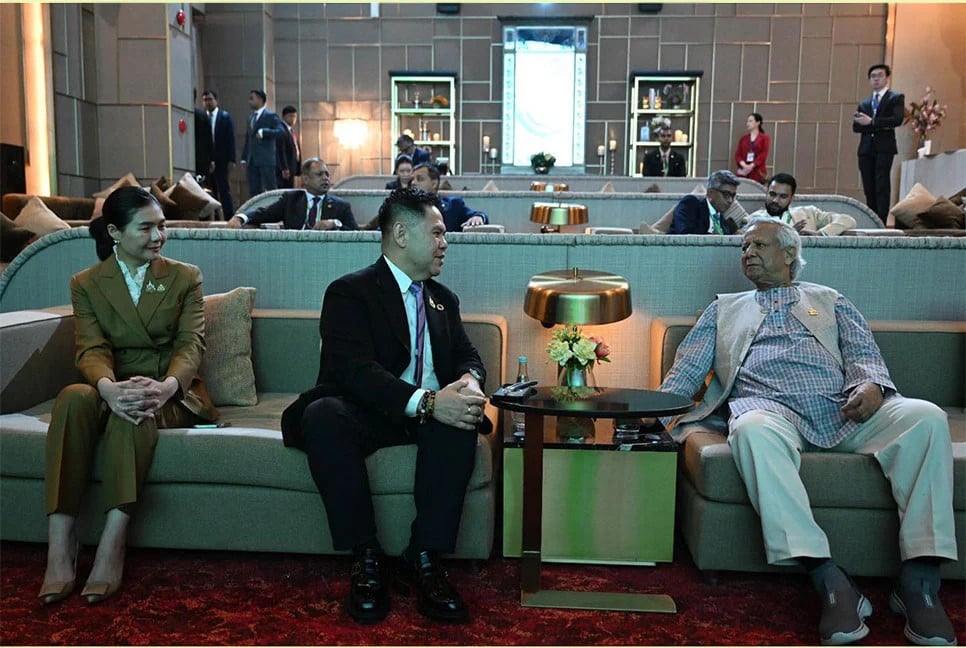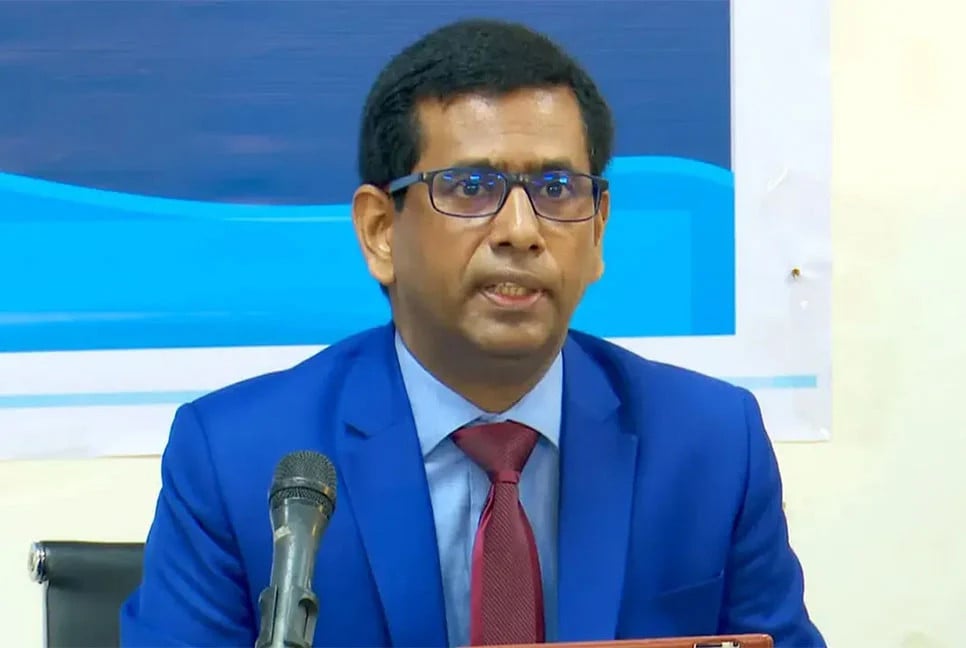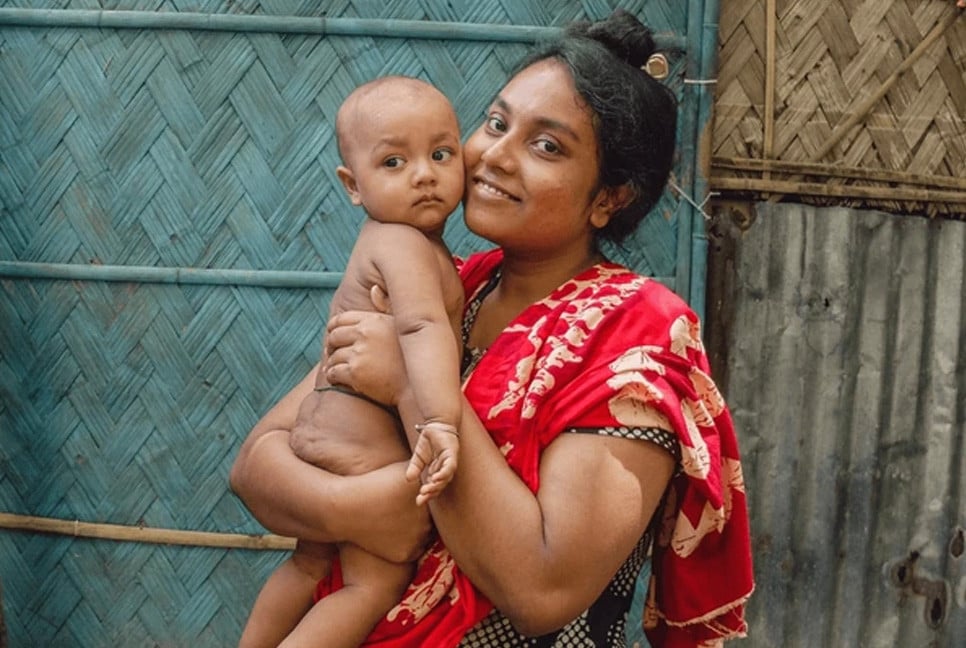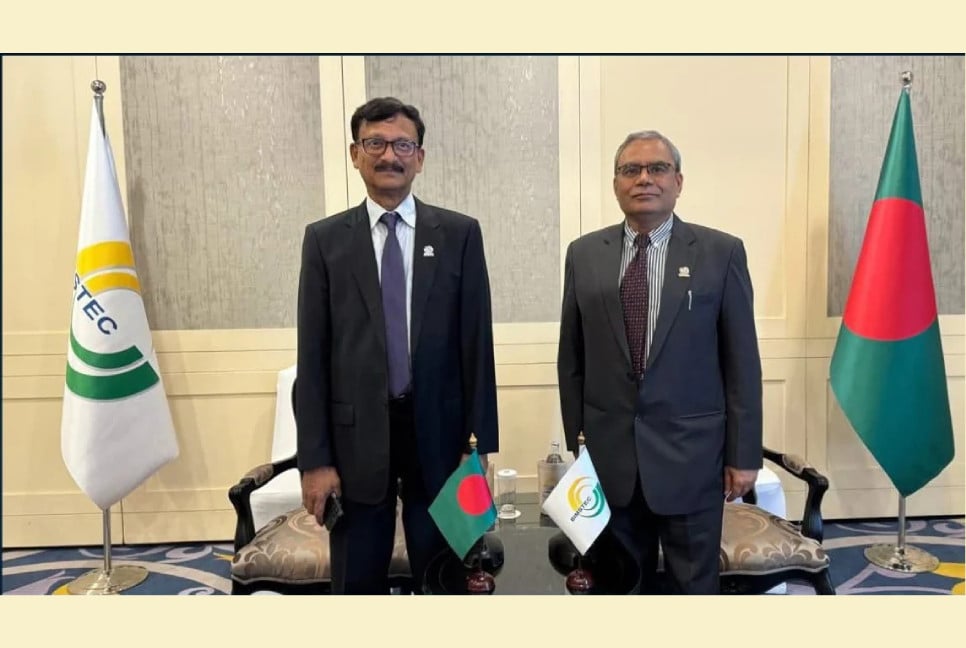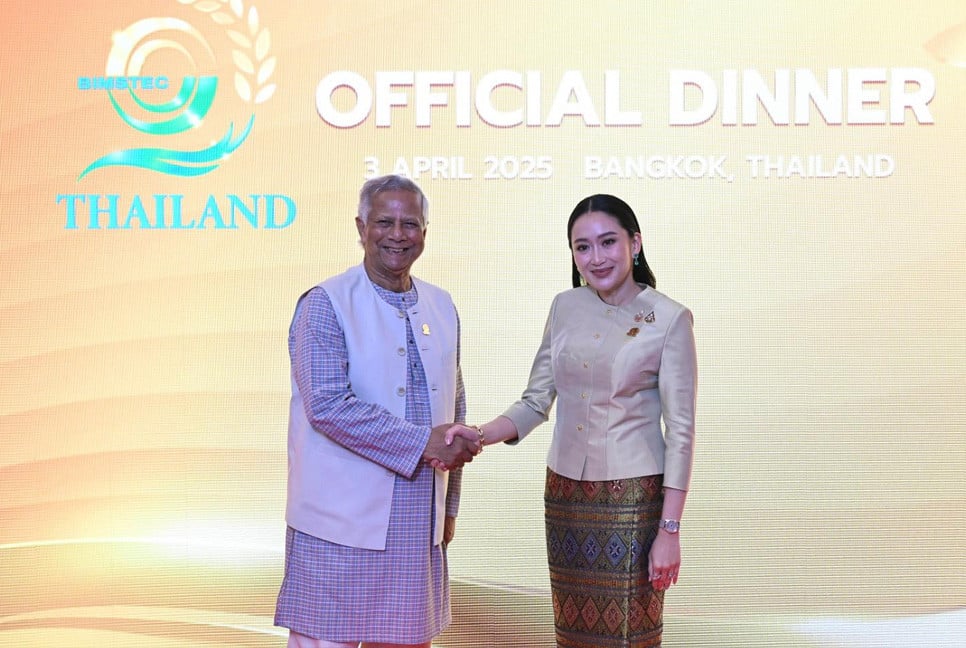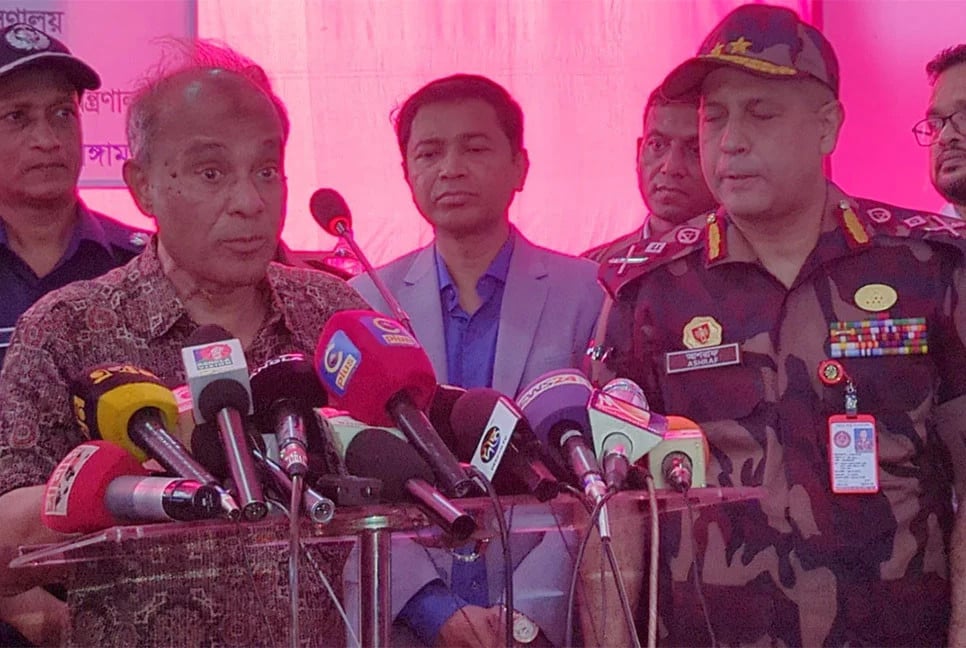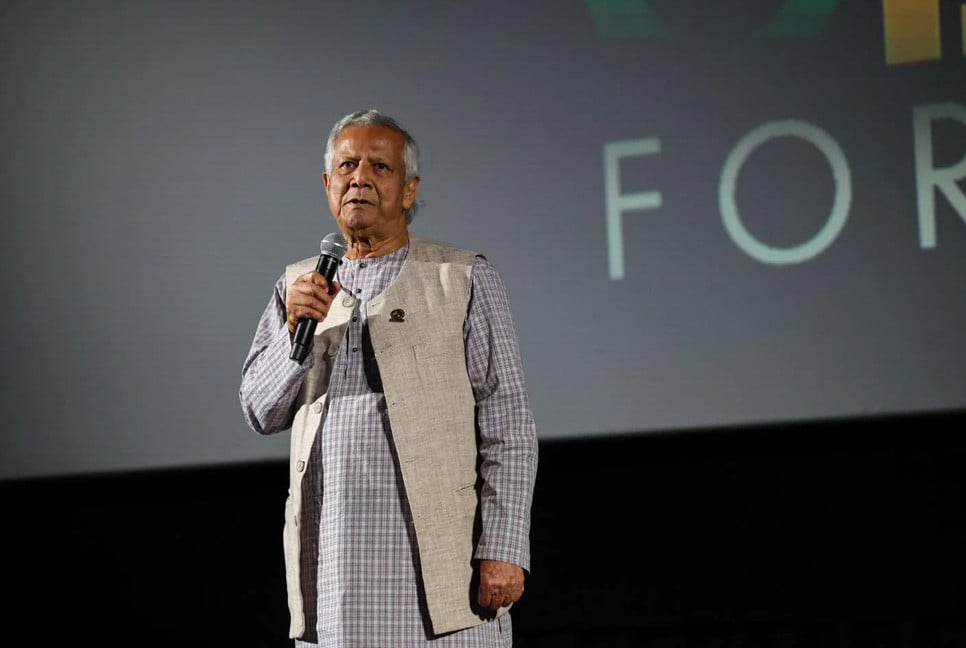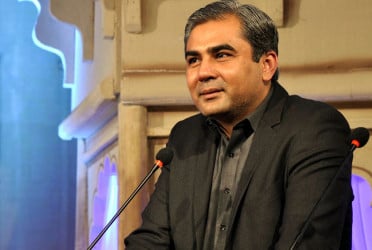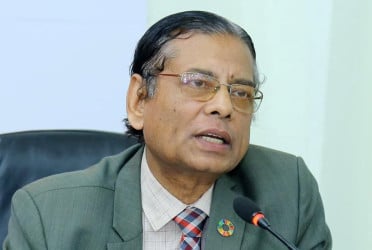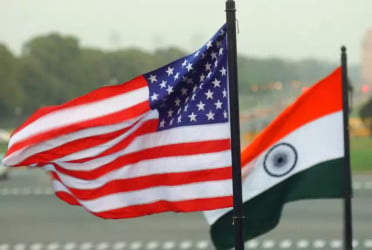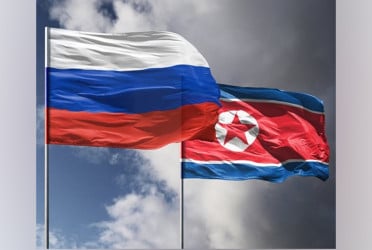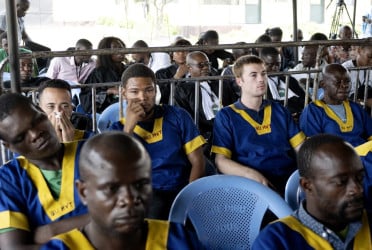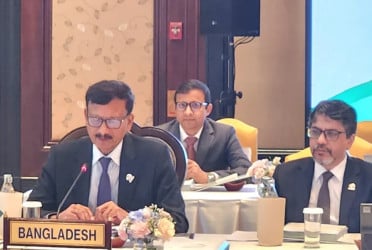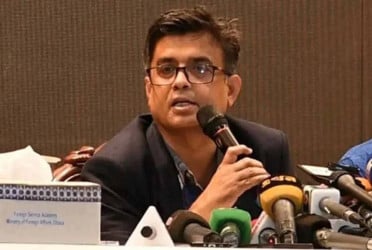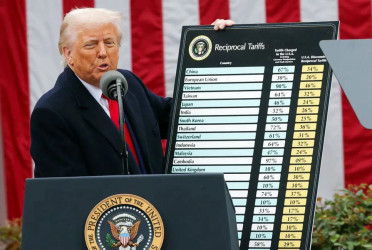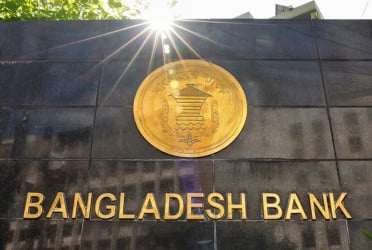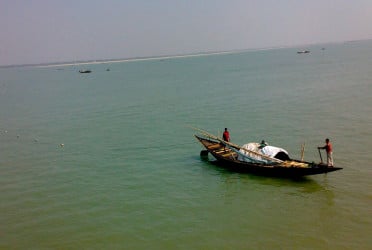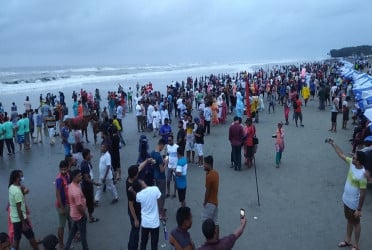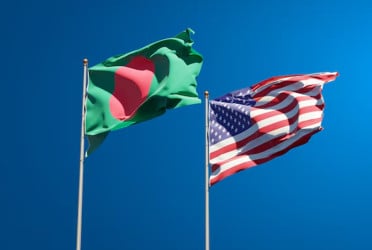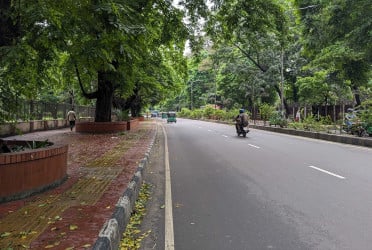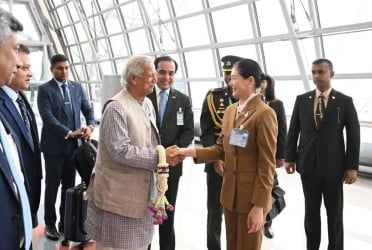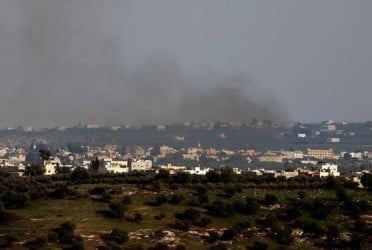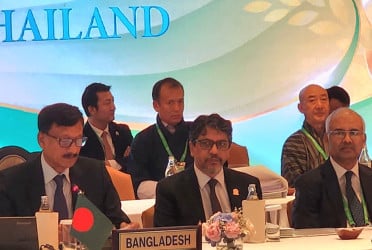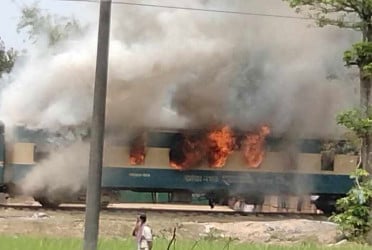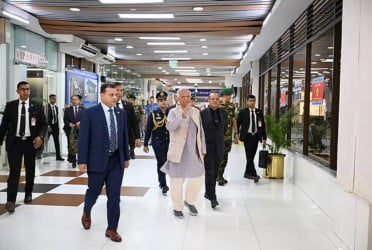Eminent economist Dr Debapriya Bhattacharya has told an Indian magazine that New Delhi must remember that the mistreatment of minorities, including Muslims, in India has an adverse impact on the Bangladeshi social fabric.
Since the ouster of the pro-Indian Awami League government in Dhaka, the Indian government has constantly voiced concerns over attacks on Hindu minorities in Bangladesh, but at the same time it must also take note that the violence against Indian Muslims by India’s Hindu majority has an impact on the Bangladeshi Muslim mindset, the CPD distinguished fellow said.
The interview of Debapriya is currently the lead item on the webpage of Chennai-based magazine “Frontline.”
Debapriya is himself a key member of the Bangladeshi Hindu community, and both his parents were human rights activists.
However, he has defied the trend among many Indian Hindus and some alleged vested Bangladeshi Hindu groups of falsely painting Bangladesh as an increasingly Islamist communal country since the ouster of Awami League government on August 5 last year.
He believed a significant portion of Bangladeshi Muslims are committed to protecting secularism, human rights and the peaceful coexistence with minority groups including Hindus, Christians, Buddhists, indigenous people, and Chattogram hill tract’s ethnic minorities.
Since the ouster of autocratic Awami League government, which most Hindus in both India and Bangladesh revere for its self-proclaimed secular nature and Indian-favouring policies, a large section of Indian media and politicians started a disinformation campaign against Bangladesh, attempting to tarnish its legacy of communal harmony.
'The Frontline' interviewer highlighted that the Indian foreign minister recently claimed 2,400 incidents of minority attacks took place in 2024, and 72 this year, mostly after the fall of Awami League secularist government.
Debapriya contended a brief security vacuum following the fall of dictatorship encouraged arbitrary attacks, but ruled out framing the attacks simply on religious grounds.
Many religious minority group members have historically supported Awami League, despite the party’s totalitarian activities, positing themselves as potential targets in anti-Awami League waves. It is very difficult to determine, whether attacks on Bangladeshi Hindus last year were driven by political hatred or religious animosity, the veteran economist and police specialist claimed.
On whether he feels safe as a minority Hindu in Bangladesh, Debapriya claimed he might not be the best example to draw an accurate picture of the minority situation in Bangladesh. In any other country like Bangladesh, where identity politics plays a major role, anyone would feel a degree of insecurity, he claimed.
Regarding the proposal to replace “secularism” with “pluralism” in Bangladesh constitution, Debapriya said the issue is still under discussion, and overreactions now would be adjudged to be too quick a response.
Bd-Pratidin English/ARK

